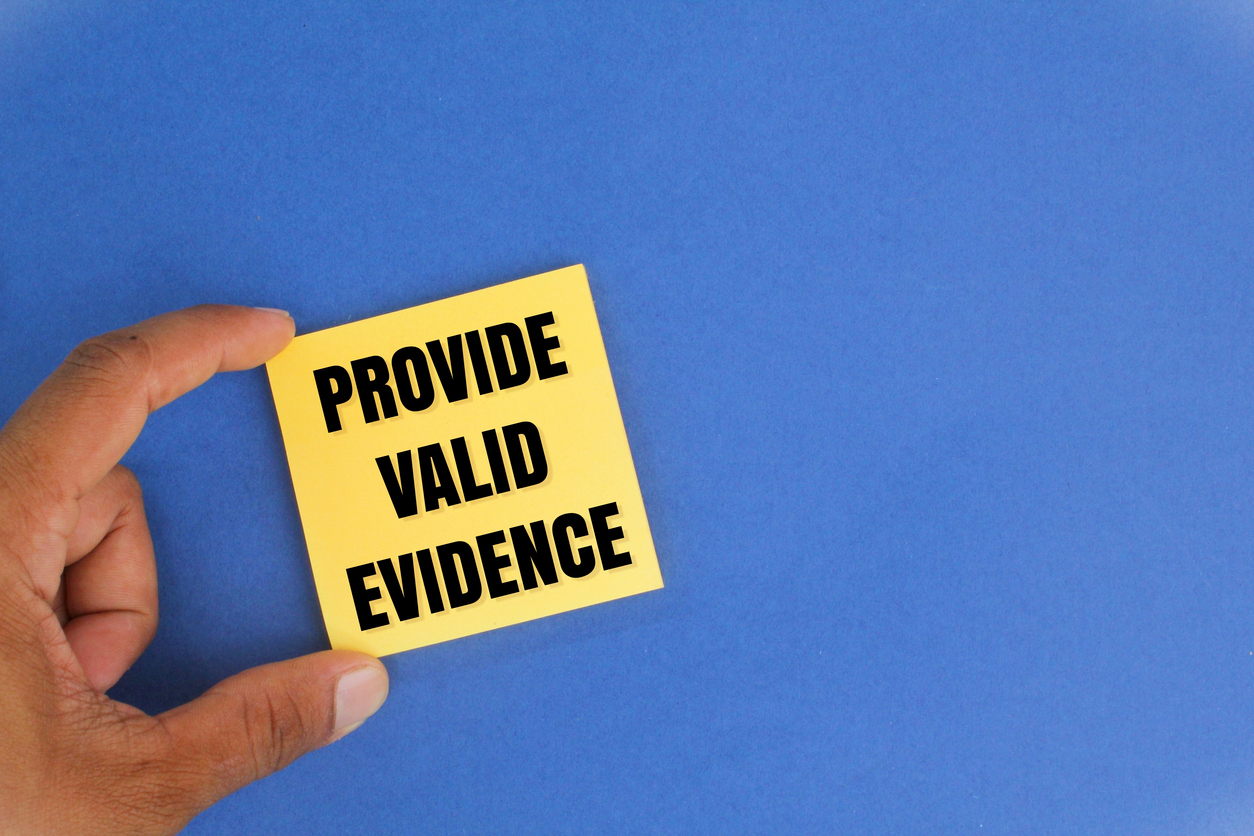On June 1, 2015, United States District Judge Anne E. Thompson, handed down an opinion holding that in New Jersey, “there is no cause of action for bad faith breach of a surety bond.”1
The case at issue was U.S. Sewer & Drain, Inc. v. Earle Asphalt Co. and Federal Insurance Co., which was brought to the Court on two separate Motions to Dismiss filed by the Defendants, Earle Asphalt Co. (“Earle”) and Federal Insurance Co. (“Federal”). As with most disagreements that find their way to a courtroom, we begin with a dispute over money:
In August 2011, Earle was awarded a contract by the New Jersey Turnpike Authority (“NJTA”) to widen and improve a section of the [Garden State] Parkway. As per the requirements of the New Jersey Bond Act, Earle provided the NJTA with a payment bond issued by Federal. Earle arranged for U.S. Sewer to provide materials and services for the installation of pipelining as part of the project. However, a dispute arose regarding U.S. Sewer’s performance, and Earle refused to pay U.S. Sewer. U.S. Sewer then made a claim to the payment bond, which Federal has thus far refused to pay.2
For those not particularly familiar with surety bonds, “[a] surety bond is defined as a contract among at least three parties: the obligee – the party who is the recipient of an obligation; the principal – the primary party who will perform the contractual obligation; [and] the surety – who assures the obligee that the principal can perform the task.3 In the situation at hand, the NJTA was the obligee, Earle was the principal and Federal was the surety.
After U.S. Sewer was refused payment they filed suit against Earle and Federal. Shortly thereafter, Earle and Federal filed their motions to dismiss. After reviewing the parties’ submissions and relevant case law, Judge Thompson ultimately sided with the Defendants. However, in doing so, Judge Thompson cast off prior New Jersey case law. In U.S. ex rel Don Siegel Constr. Co. v. Atul Constr. Co., the “court first noted that the New Jersey Supreme Court had recognized the bad faith cause of action against insurers in Pickett v. Lloyd, 621 A.2d 445 (1993), and then it held ‘This Court concludes that the New Jersey Supreme Court would apply the same rationale to a claim for bad faith damages brought by an oblige against a surety.’4
Judge Thompson indicated that the Atul decision had not been followed by the New Jersey Supreme Court or any other state court in New Jersey for fifteen (15) years. Additionally, Judge Thompson cited two newer cases which specifically declined to follow Atul, which included Deluxe Building Sys., Inc. v. Constructamax, Inc. In Deluxe, the Court held, “New Jersey law does not currently recognize a cause of action for ‘bad faith’ breach of a surety bond, and further, that the New Jersey Supreme Court is unlikely to recognize such a cause of action in the future.” Judge Thompson agreed with the Court’s ruling in Deluxe and dismissed the Plaintiff’s claims for bad faith on the surety bond.
As always I’ll leave you with a (mildly) related tune. Here’s a fantastic cover of the Dixie Chick’s Goodbye Earl performed by one of my all time favorite bands, Me First and the Gimmee Gimmees:
https://youtube.com/watch?v=GxDP0h0b6CU%3Frel%3D0
1. U.S. Sewer & Drain,. Inc. v. Earle Asphalt Co., et al., 15-1461 at 6 (D.N.J. 2015). http://law.justia.com/cases/federal/district-courts/new-jersey/njdce/3:2015cv01461/315734/19/
2. Id. at 1-2.
3. https://en.wikipedia.org/wiki/Surety_bond
4. U.S. Sewer at 5 citing U.S. ex rel Don Siegel Constr. Co. v. Atul Constr. Co., 85 F. Supp. 2d 414, 418 (D.N.J. 2000).



